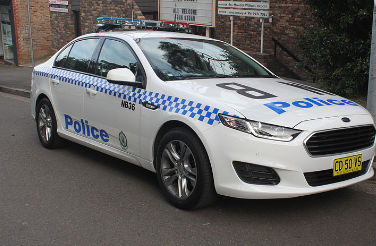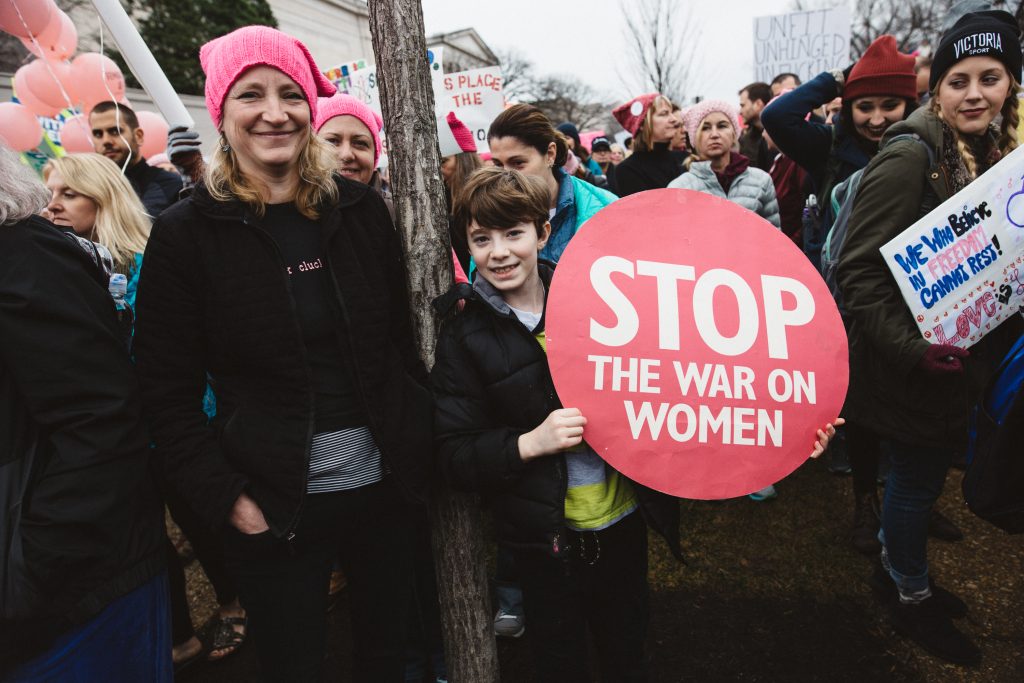Sex work will be decriminalised in Victoria over the next two years under the Andrews Labor government. Decriminalisation will happen in two stages to allow adequate time for transition and will consider public consultation.
Fiona Pattern MP, a vocal sex work advocate and Leader of the Reason party, was appointed by the Andrews Labor government in 2019 to lead a targeted review of Victorian sex work regulation. Pattern was tasked with providing recommendations on how best to decriminalise the industry and completed her review in October 2020.
The decriminalisation process includes a number of reforms to be implemented over the next two years. The first stage is expected to be completed in 2022, and the second and final stage is to be completed in December 2023.
The current Victorian sex work regulations and licensing system are outdated, difficult to navigate and no longer fit for purpose, the Victorian Government said in a statement. The new plan hopes to reduce sexual violence in the industry and provide workers with better protections.
The current conditions:
Sex work in Victoria is currently only legal if it is carried out under certain conditions outlined in the Sex Work Act 1994. This means that unlicensed and street-based sex work is currently illegal, leading to greater inequality in the sex workforce.
Brothels, escort services and sex workers who operate independently must register at the department of consumer affairs. It is currently against the law for workers to operate out of their own homes unless they have obtained an exemption, which for some can lead to an unsafe working environment.
Under the current regulations, some sex workers are reluctant to seek certain healthcare, interact with government agencies, or report sexual violence to police for fear of criminal charges. Incidents of assault and blackmail can then often go unreported, leaving workers feeling unprotected.
The new changes:
The proposed model for decriminalisation will:
- Abolish criminal penalties for street-based sex work in most locations
- Remove criminal offenses and penalties for consensual sex work in most circumstances.
- Repeal the Sex Work Act 1994, and regulate the industry through existing agencies including Worksafe and the department of health.
- Introduce a new public health framework to support sex workers’ access to appropriate healthcare, and promote safe-sex and harm reduction strategies.
- Include further anti-discrimination provisions for sex workers in the Equal Opportunity Act.
- Review advertising controls and liquor license restrictions for sex work services.
- Implement planning and zoning controls to help meet community expectations.
Why do we need the changes?
Sex workers experience persistent discrimination and stigma in the community. Decriminalisation will help to shift public perceptions of sex work and ensure workers have access to the same rights and services as any other employee. Negative perceptions of sex work can affect the mental health of workers, limit employment opportunities for those wishing to leave the industry, and contribute to sexual violence against sex workers.
What’s not changing:
Decriminalisation does not mean sex work will be unregulated, it will be subject to standard business laws as any other industry.
Sex trafficking is still a criminal offense. Crimes relating to children and coercion, and any non-consensual sexual activity will still apply, and any offenses listed under this category in the Sex Work Act 1994 will be moved to the Crimes Act 1958.
Have your say on the proposed model and add your submission here by 27 August 2021.
Photo: Back view of a woman walking on a street at night by Rene Asmussen is available HERE and is used under a creative commons licence. The image has not been modified.







